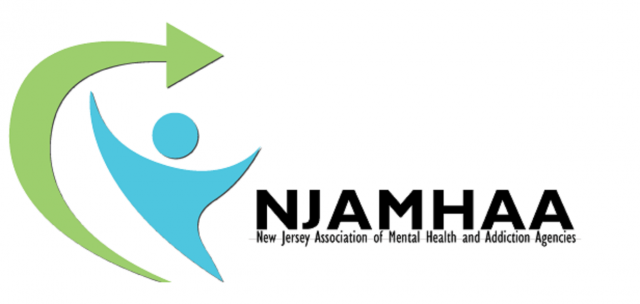As the calendar heads towards Christmas and the New Year gets closer, the more likely it is for individuals to come down with what’s called the holiday blues.
All the socializing, shopping, and other pre-holiday activities can bring joy, but can also conjure up unrealistic and stressful expectations for those who try to make every aspect of the season picture-perfect and match the projected images of ideal relationships and lives too often represented in the media.
There are many different signs that someone is struggling with the holiday blues, from changes in appetite, weight, mood and sleep patterns, to difficulty concentrating and feelings of worthlessness, guilt and anxiety. Recognizing these signs early can help individuals stave off depression and enjoy the holidays.
“From a loss of a loved one and family conflicts to feeling the pressure to attend an endless number of events can bring added stress and prevent individuals from enjoying the holidays,” said Debra L. Wentz, PhD, President and CEO, New Jersey Association of Mental Health and Addiction Agencies, adding, “If these out-of-character feelings persist, I advise people to take them seriously as it can be an indication of a larger underlying mental health condition.”
While the holidays are an important time to focus on others, especially those who are less fortunate, taking some time for ourselves is equally essential.
“Self-care is always critical, especially during the hectic holiday season. To lessen the pressure felt by many during this time of year, it is good practice to set realistic expectations for the holidays while sticking to as much of a normal routine as possible,” Dr. Wentz advised. “Try to not fall victim to holiday fear of missing out by taking part in too many social gatherings that could possibly trigger depression, anxiety or other negative emotions.”
This advice is applicable throughout the entire year, not just during the holiday season, and there is always time for taking care of both mental and physical wellbeing.
If any of these symptoms or others (such as inability to sleep or sleeping excessively; not having an appetite or frequently eating too much; or lack of interest in being with friends and family members) last for two weeks or longer, professional counseling should be sought. Providers of mental health care and substance use treatment throughout New Jersey can be found on NJAMHAA’s website, www.njamhaa.org.



